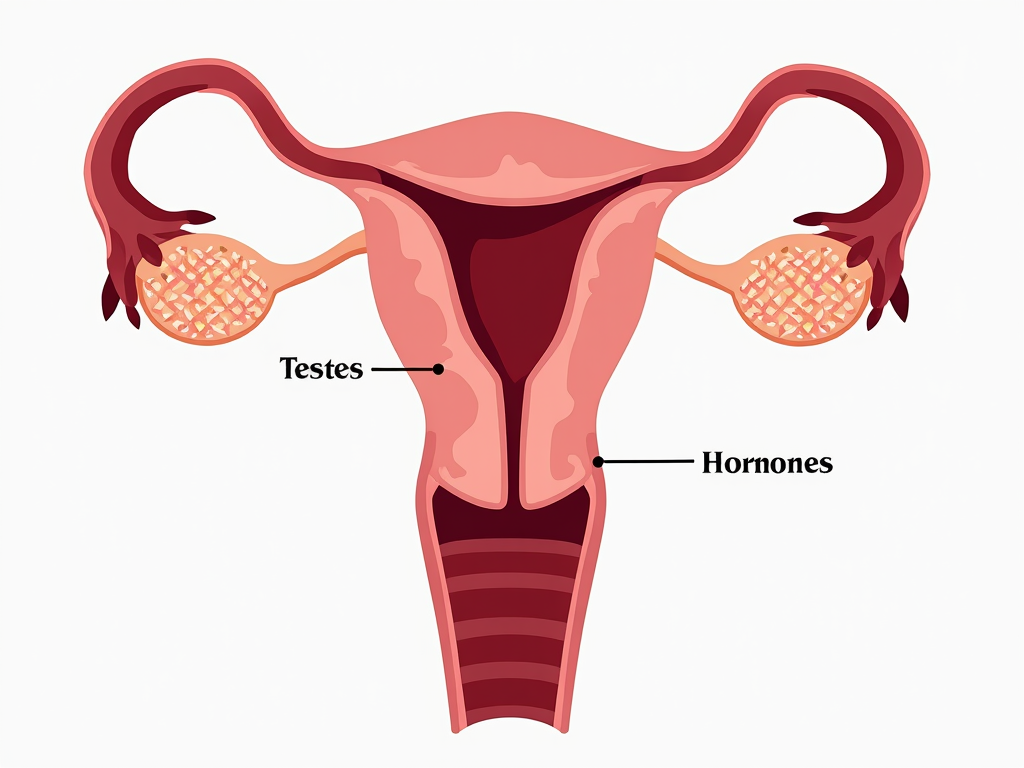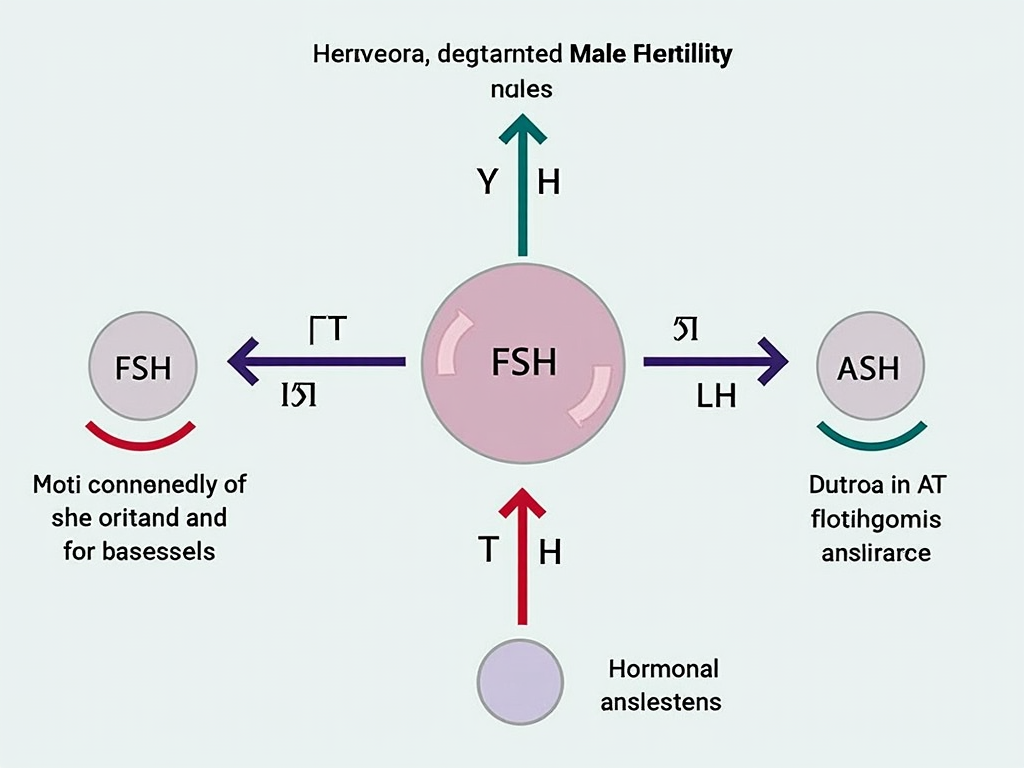Hormones and Fertility: A Deep Dive
May 19, 2025, 7:41 a.m.
Hormones play a crucial role in regulating fertility in both men and women. In men, hormonal imbalances can lead to issues like ejaculatory dysfunction and infertility. Understanding how hormones affect fertility is essential for diagnosing and treating these conditions.
What are Hormones?
Hormones are chemical messengers that travel through the bloodstream to regulate various bodily functions, including reproduction. In men, hormones like testosterone, follicle-stimulating hormone (FSH), and luteinizing hormone (LH) are vital for sperm production and sexual function.
How Hormones Affect Fertility
Testosterone is the primary male sex hormone and is responsible for the development of male reproductive tissues and secondary sexual characteristics. It also plays a key role in sperm production. FSH and LH stimulate the testes to produce sperm and testosterone, respectively.
When these hormones are out of balance, it can lead to fertility issues. For example, low testosterone levels can reduce sperm production, while high levels of FSH and LH might indicate that the testes are not responding properly to these hormones.
Ejaculatory Dysfunction and Hormonal Imbalances
Ejaculatory dysfunction refers to problems with ejaculation, such as premature ejaculation or delayed ejaculation. Hormonal imbalances can contribute to these issues. For instance, low testosterone levels can affect libido and sexual performance, leading to ejaculatory problems.
Diagnosing Ejaculatory Dysfunction and Infertility
To diagnose ejaculatory dysfunction and infertility, doctors typically perform a physical examination, review medical history, and conduct tests to measure hormone levels. Blood tests can check for levels of testosterone, FSH, LH, and other hormones. Semen analysis can also provide insights into sperm count and quality.
Personal Insights
I once knew a man who struggled with infertility due to hormonal imbalances. He experienced low libido and difficulty maintaining erections, which affected his relationship with his partner. After consulting a doctor, he was diagnosed with low testosterone levels. With proper treatment, including hormone replacement therapy, he was able to improve his fertility and eventually father a child.
Treatment Options
Treatment for hormonal imbalances and fertility issues depends on the underlying cause. Hormone replacement therapy can be effective for men with low testosterone levels. Lifestyle changes, such as maintaining a healthy weight and reducing stress, can also help balance hormones.
Hormonal Imbalances and Fertility
Hormonal imbalances can disrupt the delicate process of sperm production and sexual function. For instance, high levels of prolactin, produced by the pituitary gland, can interfere with testosterone production, leading to infertility. Thyroid disorders can also affect hormone levels and fertility.
Diagnosing Hormonal Imbalances
To diagnose hormonal imbalances, doctors may perform additional tests, such as thyroid function tests or imaging studies to check for pituitary tumors. It's important to identify the root cause of the imbalance to determine the appropriate treatment.
Summary
Hormones are essential for fertility, and imbalances can lead to issues like ejaculatory dysfunction and male infertility. Understanding the role of hormones in reproductive health is crucial for diagnosing and treating these conditions. If you're experiencing fertility concerns, it's important to seek medical advice to determine the best course of action.


